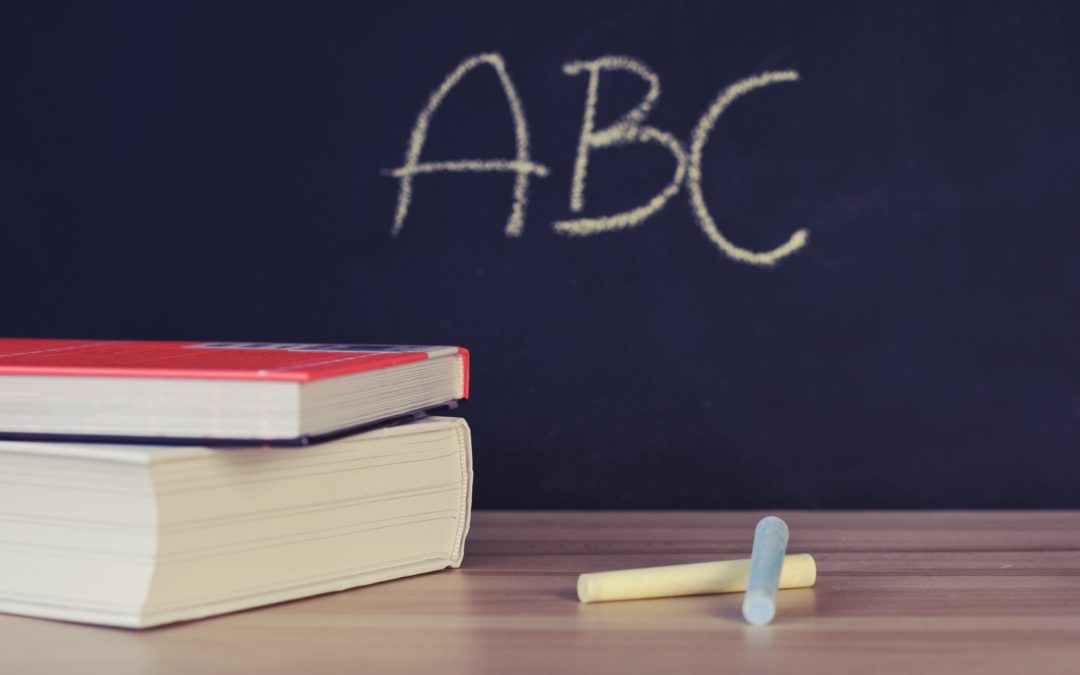
by Susan Osborn | Feb 4, 2022 | Classroom Skills
Students Can’t Write Well, and It’s No Mystery Why The cost of students’ poor writing skills is showing in their job applications Recently, a neighbor who works in finance told me this story. She needed to hire a new person for any entry level analyst position....

by Susan Osborn | Jun 5, 2019 | Classroom Skills
Handwriting vs Typing: Which Improves Learning? Technology offers exciting and innovative tools to educators and students. However, as recent research shows, that doesn’t mean that technology fosters the process of learning. Recent research conducted by Pam A. Mueller...

by Susan Osborn | Apr 18, 2019 | Classroom Skills
How to Encourage Your Child’s Reading and Writing at Home In order to succeed in school, it’s important that children develop strong language and literacy-related skills early in life. But knowing how to read and write fluently doesn’t just help your child in school....

by Susan Osborn | Mar 29, 2018 | AP, Classroom Skills
How to Write a Rhetorical Analysis Essay A rhetorical analysis essay requires you to write about an author’s writing. In other words, in a rhetorical analysis essay, you write about the way an author uses words to influence or persuade an audience to do or think...

by Susan Osborn | Mar 9, 2018 | Classroom Skills
Serial Commas and Their Virtues Those of you who already know me, know that I glow when I talk about commas. My favorite comma of all is the serial comma, also known as the series comma, Oxford comma, and Harvard comma. A serial comma is the comma that is used after...

by Susan Osborn | Mar 7, 2018 | Classroom Skills
What’s the Difference Between a Summary and a Rhetorical Analysis? A summary is a recapitulation or a retelling of an essay, story, or scene without original thoughts or interpretations. Summaries tell the reader what was written. Summaries are usually easier than...








Recent Comments